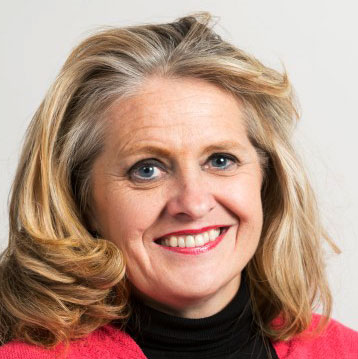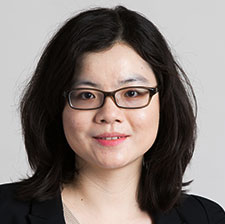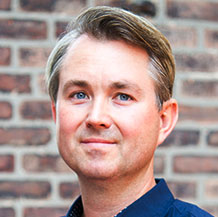Hariri Institute Researchers Mentioned in this BU Today Article on Data Science and Media
Recently an article in BU Today highlighted the work of 3 Hariri Institute Faculty Fellows. Maggie Mulvihill (Assoc. Professor or the Practice of Computational Journalism, COM), Lei Guo (Asst. Professor of Emerging Media Studies, COM), and Jacob Groshek (Assoc. Professor of Emerging Studies, COM). The article titled “What You Read and Watch is Changing Media Forever” is number 5 of a 5 part series and was written by Art Jahnke.

The article covered the topic of media and how it is driven by data. The primary example is Netflix. 150 million subscribe to the media giant that offers viewers movies, TV programs, and documents amongst other genres. Whenever you watch something on Netflix, that data is analyzed and a viewer profile is created for you that tells Netflix what you like to watch, when and what you don’t like to watch. The ability to collect and analyze data also reaches into news media as well. Maggie Mulvihill

confirms this, “We used to go to city hall and ask them about suspended liquor licenses, and if they weren’t mad at you, you could get them. These days, it’s all digitized, and in many cases, you can download it.” Later in the article, Lei Guo makes the point that the ability of these media outlets listing what you may like according to your online behaviors, may be a bad thing. She mentioned, “We want to suggest a way to recommend articles that you might not necessarily like. We think it’s

important for people to be intellectually challenged.” Finally, Jacob Groshek brings up the point that contrary to popular opinion, people who used social media were not more likely to support Donald Trump or Bernie Sanders during the 2016 election.
Maggie Mulvihill, Lei Guo, and Jacob Groshek are fellows at the Hariri Institute for Computing. The Institute initiates, catalyzes, and propels collaborative, interdisciplinary research and training initiatives for a better society by promoting discovery and innovations through the use of computational and data-driven approaches, and advancing computing sciences inspired by challenges in engineering; social, health & management sciences; and the arts.
